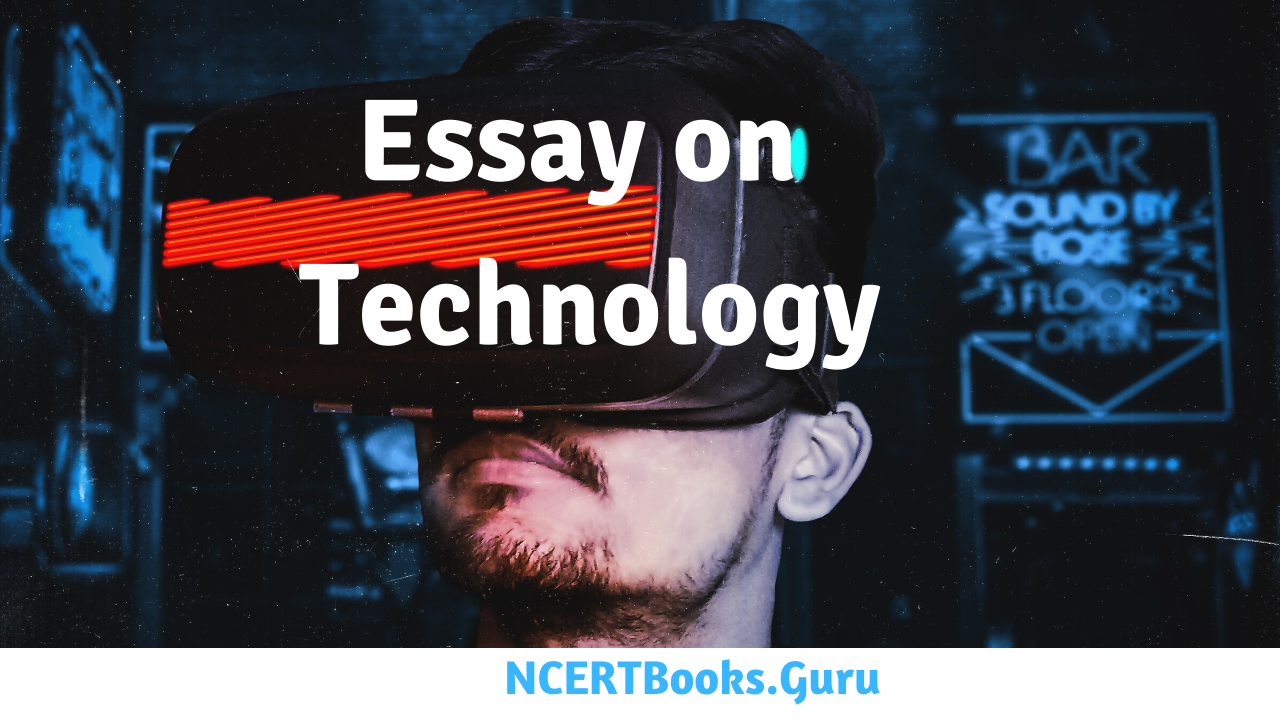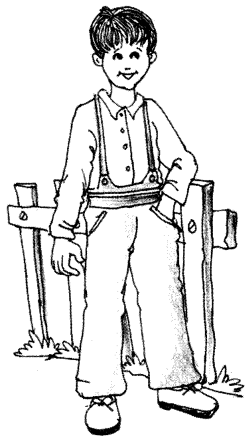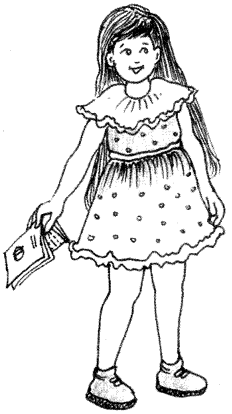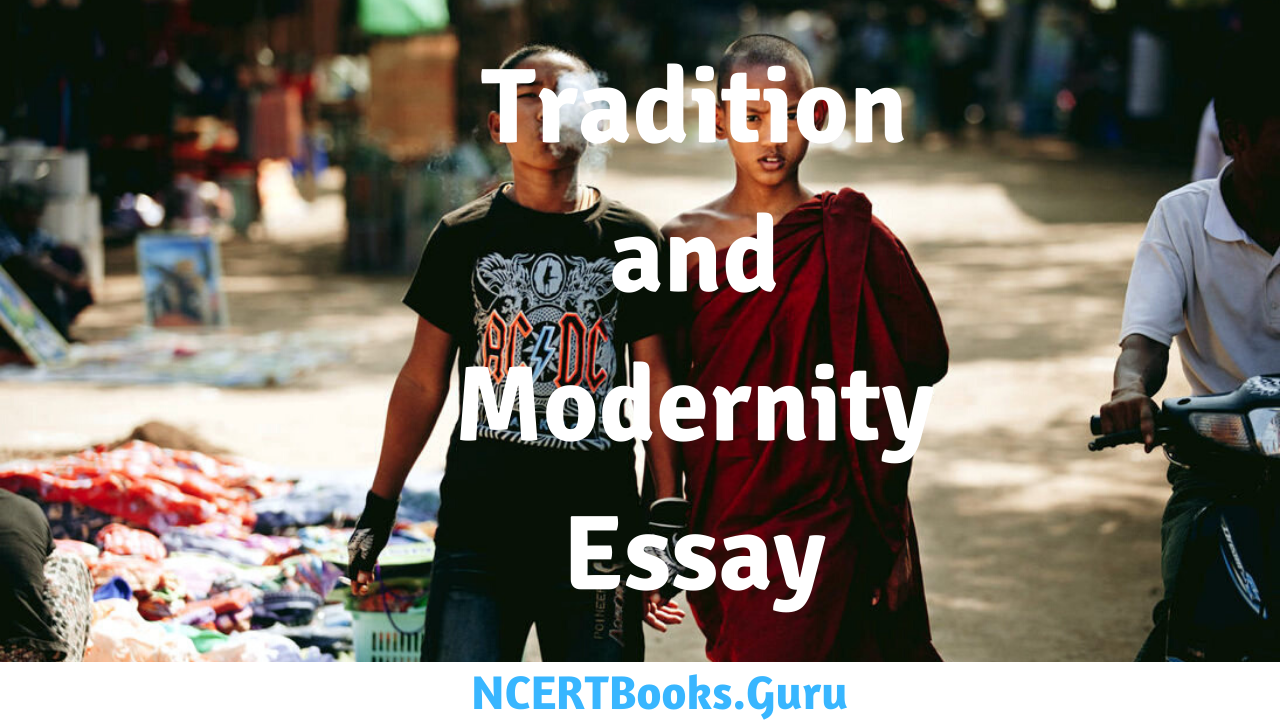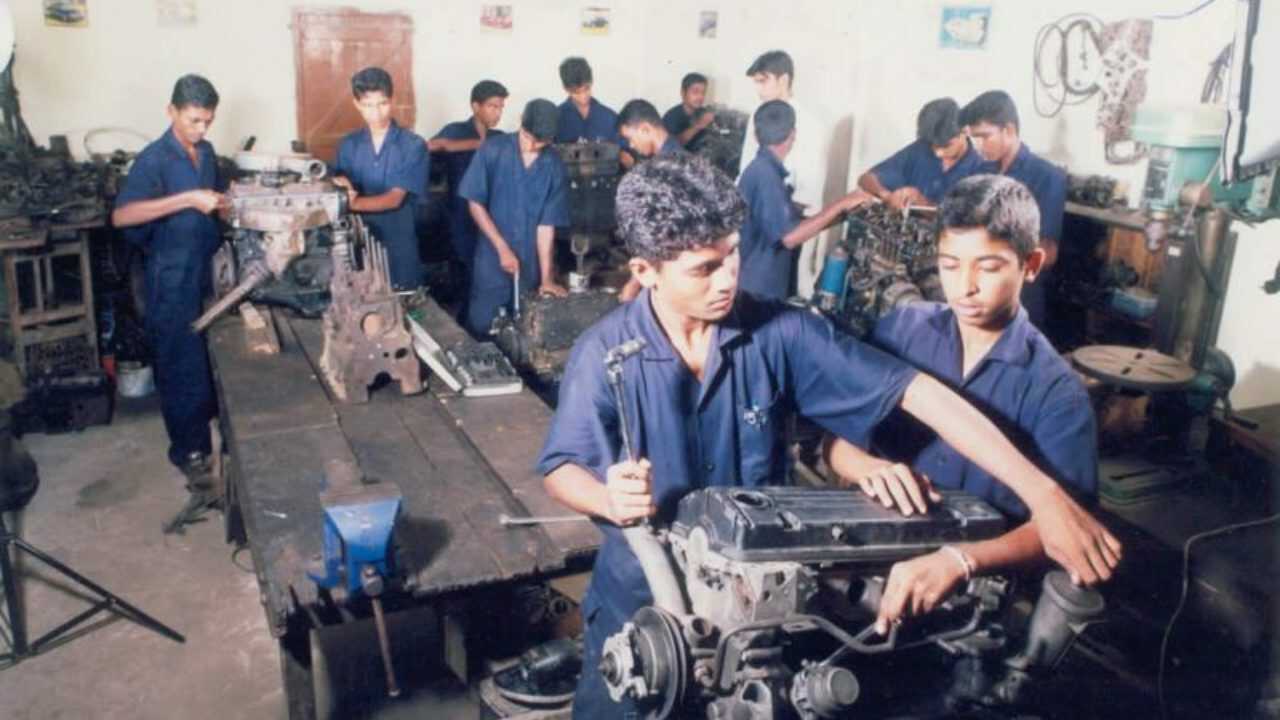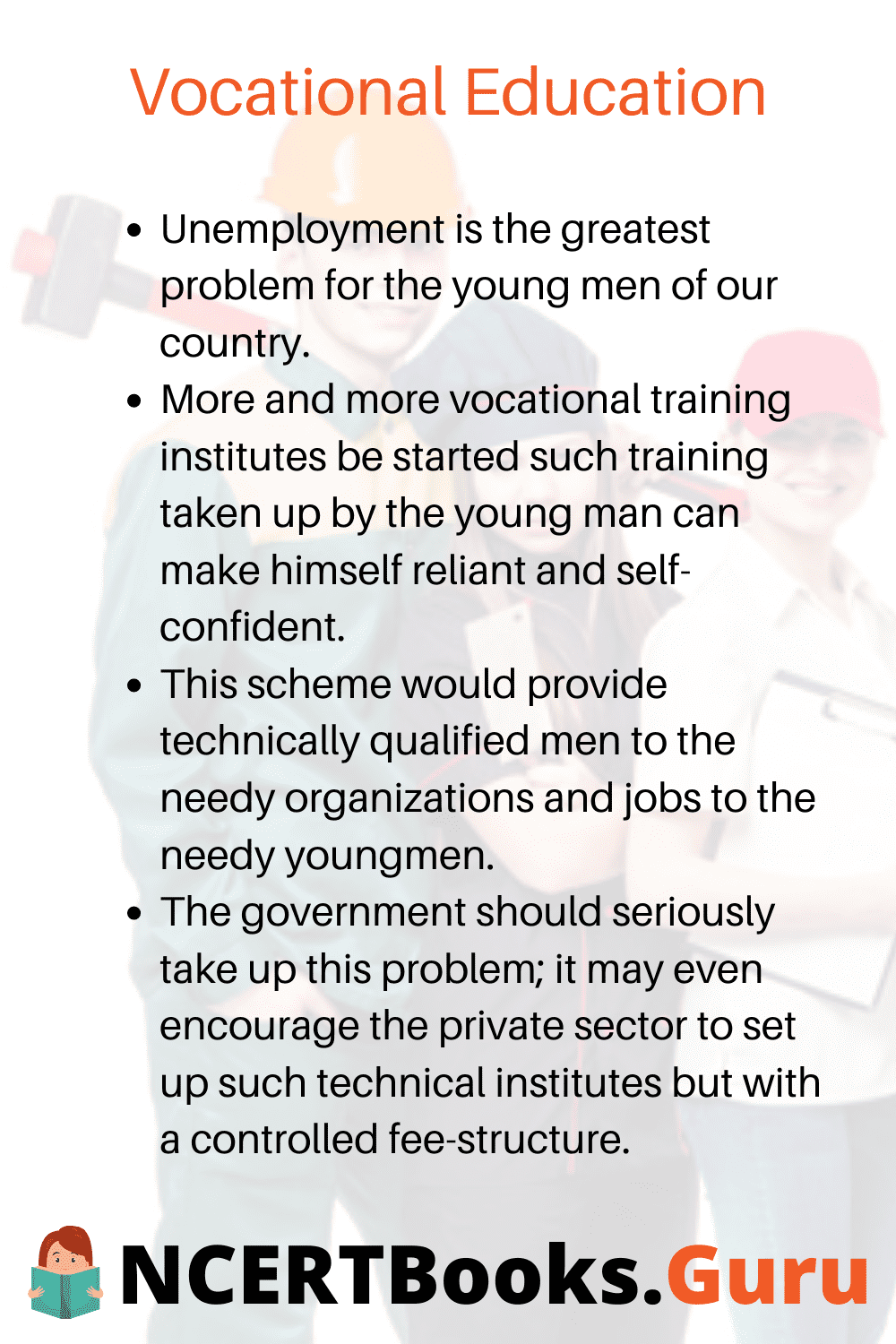Essay on Technology: A tiny seed holds the potential to feed an entire family. As the essence and richness of a seed find suitable conditions to germinate, it blossoms into a storehouse of magnanimity. Changes in the society breed in ideas. These ideas find ‘ translation into action in a suitable governance environment. It is this translation that eventually proves the worth of an idea. In cases of ideas enjoying a popular; support, technology acts as a catalyst to enhance the effectiveness of the application of the ideology for the larger good of the society.
- Long Essay on Technology 600 Words in English
- Short Essay on Technology 150 Words in English
- 10 Lines on Technology
- Why do we need technology?
- How technology is useful in education?
- How technology changed our lives?
- What are the advantages of Technology?
Long and Short Essays on Technology for Students and Kids in English
If you are searching for a well-written Essay on Technology in English, then this article provides you with two types of content, a 600 words Long Essay on Technology and another 200-word short Essay on Technology in English. These essays can be used by school children, students and teachers for various activities in schools and colleges.

Long Essay on Technology 600 Words in English
Long Essay on Technology is usually given to classes 7, 8, 9, and 10.
Ideas have the power to bring revolutions and topple dynasties. Histories of nations stand testimony to the strength that an innocuous idea can gather and the course of destiny it charts for the society. As idea gains popular currency, it can brew, an uprising, or rewrite social contract for the land. They blossom into ideologies, supported by intellectuals and utilized in the minefield of politics by astute leaders. The conviction of a nation in a particular ideology begins to underline the trajectory of its story.
Ideology, just like technology, is the product of mental churning. Science resides in every action and particle of this universe. However, the knack to transform the dreary scientific principles and equations into a tool of technology is the product of an ingenious human mind. While ideologies spurned from the mental hullaballoo have more value connotations, technology as a facilitator devises ways for effective and unbiased distribution of that value in the society. It is the synergy of their constructive mix which has the potential to positively alter the way of life for individuals.
Different schools of thought, backed by intellectuals, are supporters of different ideologies for the conduct of governance of the state. The norms of the social contract in society develop accordingly. These norms define parameters for the conduct of interactions, means of production, economic guidelines, and rules of engagement with the government. In any stable society, the order is dictated by the accepted ideology of state which must result in a minimal incremental enhancement in the quality of life of the citizens. The absence of such enrichment becomes the cause of discontent.
The seeds of change germinate on grounds of discontentment. The “status quo” of the prevailing order and its underlying ideology faces the questions by a rising tide of dissent. Another rung of intellectuals promotes an alternative ideology in this period of societal upheavals. Old orders are broken down. New rules of the game is framed. Structural changes are carried out to facilitate the processes in this new ideological backdrop. Often the heads of tyrants also roll down in such ideological landscape transformation. However, the intention behind all such churnings deserves attention. Ideology fails to strike a chord unless it delivers a hope of a better quality of life for the individual. This hope is the essence of acceptance or rejection of any ideology.
Quality of life of citizens is the litmus test about the effectiveness of any ideology. It is this test which demands a fruitful translation of the tenets of any ideology into benefits for a larger section of the society. An ideology may be perfect in the domain of grey cells but its’ ultimate utility is judged only in harsh domains of ground, realities by the quality of its application. It is this aspect of judgment where the tools of technology step in to complement the ideology. The spread achieved by technology aids the depth of ideology for the benefit of society.
Every ideology has space for a specific technology to breed and deliver accordingly. Technology, as a tool, ensures optimum utilization of resources of that society, within the ideological contours decided by the state. The technologies for better oil exploration in the Gulf nations or bio-fuel development in Brazil developed to deliver prosperity to the societies without challenging the ideological designs of these states. Transcending the borders of ideology, the technology to locate potential fishing banks is helping the capitalist coast of the USA and the communist coastline of Cuba without any distinction.
The tool of technology is apolitical and unbiased. Overages, like a loyal servant of the scientific masters, it has simplified numerous procedures and fives. The very strength of this tool is its neutrality. It has never been subservient to any particular ideology and should not be dragged to deepen the ideological fissures. Rather it must mend fissures and divides of class, gender, race, and religions. The prevailing ideology of any state has marked influence on the nature of, the technology it promotes. Amongst the myriad areas of research, the ideology of the state dictates the priority of focus areas. The bitter ideology of one up man ship during the era of the Cold War led to major advancements in defense technology for both the USA and the Soviet Union.
Huge budget allocations and acumen of scientists was invested in building up the military might of the nation. Space exploration also spurred a race for supremacy and the power blocs focused on outsmarting the other through better technology. The Cold War to establish the supremacy of either capitalist or communist ideology was executed by innovating smarter technology. The triumph of the market-led “choice” model over the “communes” was crystallized by fragmentation of the Soviet Union. Just like technology, ideology to runs its course.
The entropy in any society is settled when the transition from one ideological contour to another is achieved smoothly. Ideological acceptance and triumph is a contextual concept. It varies from time to time. There is no constancy in its applicability over time and space. Unless the ideology manages to deliver qualitatively to the grassroots, it is bound to crumble in due course. This flexibility to evolution is essential for the survival of any ideology. Technology can likewise be tweaked to deliver fruits of development to the citizens of the society. China’s growth over the past few decades highlights a pragmatic approach of synchronized evolution of ideology and technology. To carry a large population base and deliver growth, it maintained a focus on the rapid development of manufacturing technology.
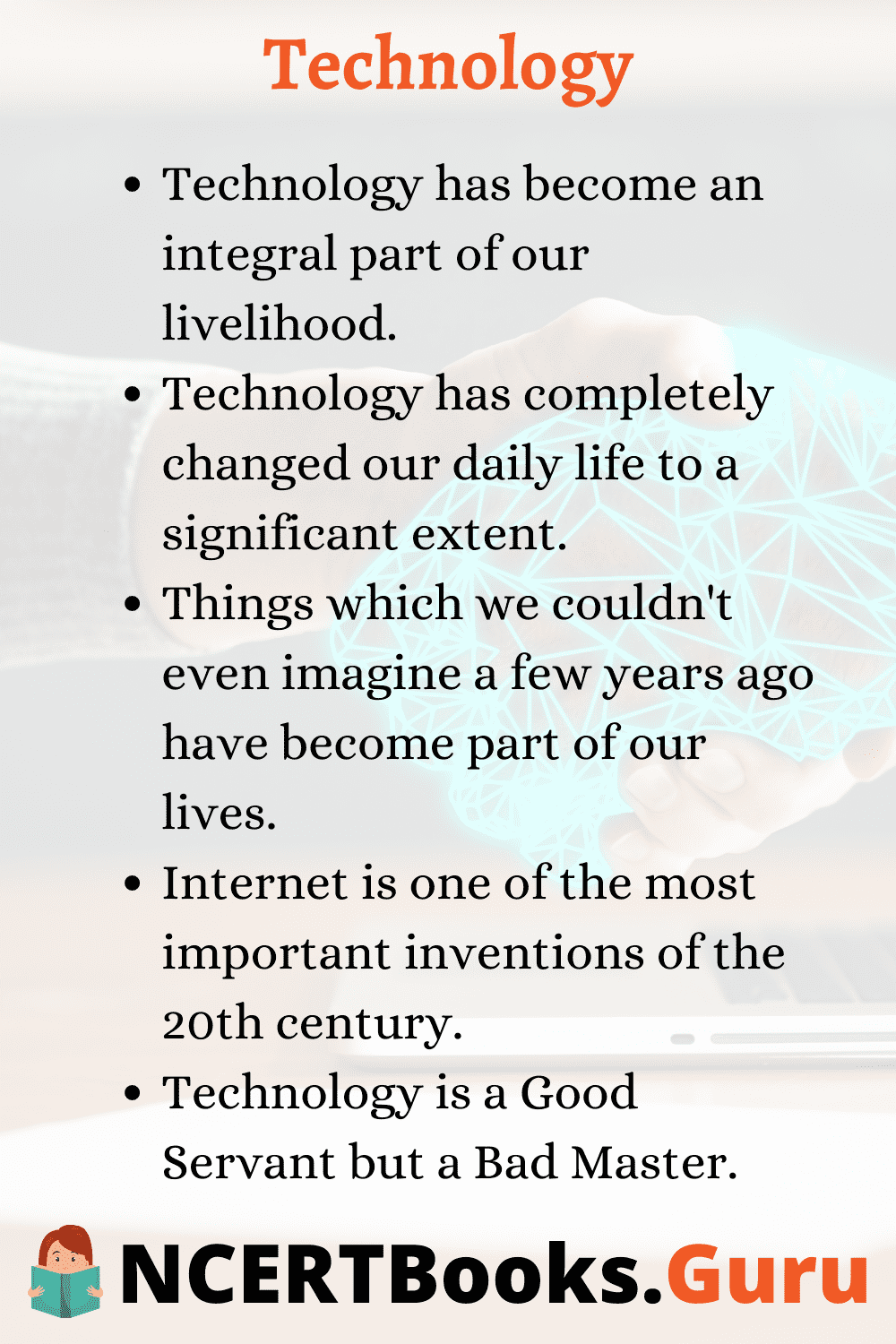
Technology related to automation of plants, advancements in assembly-line procedures, workshop, and management technologies led to rapid industrialization. This transformed the huge manpower resource into an asset for the nation and also furthered the ideological tenets of the reigning party. Even the mammoth expenditure on the modernization of military might and infrastructure by China is in line with an eye on the future, where these parameters become critical for claiming global leadership. The Indian society has traditionally been an agro-based primarily rural society.
The growth of our nation is inextricably linked to the development of our villages. This ideological focus always emphasized on agricultural and farm-based technologies. Despite the small size of landholdings, researches in the field of better agricultural tools like combined harvester and threshers, high yielding variety of seeds, economical irrigation technologies, dryland farming methodologies, coastal land reclamation and promotion of alternative livelihood mean for diversification of agriculture have better potential to deliver fruits of development and social justice for a larger base of population.
In the backdrop of socialism as a leading ideology of that time, industrial development relied heavily on foreign collaborations and investments in large scale Public Sector Units (PSUs) and factories. Heavy machinery for bulk production in plants and factories defined the order of the era as the role of the state was considered critical to provide employment opportunities and similar wages. As grains of sand ran down the glass hour, it was realized that PSUs had become white elephants of the Indian economy. Later as the ideological contours ushered in policy support for Information Technology and electronics, technology took no time to gain ground in the market. It soon flooded the market with televisions, Video Cassette Recorders, Audio Players, and other gadgets according to the diktats of policy which pumped sufficient funds accordingly.
The opening of the economy and the market-led growth ideology tempered with a commitment to inclusive growth aims to provide greater goods to greater numbers at the bottom of the pyramid. With such pressing constraints of ideology, technological investments always had a humane concern as its’ guiding light. The affordability issue of high-end technology would introduce the class divide in the user segment and cater only to “haves” of the society. This is where the state must step in periodically with options like the low-cost Aakash tablets. Such subsidized interventions would help in the dissemination of technology to all classes of society and prevent technology from creating a divide in society. This would justify the stated ideological philosophy of “inclusive growth”.
Advancement in satellite technology has added to the delivery of vital services to the’ needy. Resource mapping to decide the best land use, weather forecasting to keep the fishermen off the stormy oceans, soil testing to decide the best choice of fertilizers, telemedicine to deliver healthcare to remotest locations, village resource centers for numerous queries of farmers and tele-education are all highlights of technology delivering social justice in our nation. There have also been instances of clashes between the ideological framework of state and the performance of prevailing technology.
As automation stepped up in factories to improve the economy and efficiency of production, huge workforce had to be laid off. In nations struggling to provide employment opportunities to a burgeoning youth population, automation in wake of globalization was seen as a curse. However, the bigger picture tells a different story. Instead of castigating technology and blaming it for increasing unemployment, a positive view of the situation puts things in a better perspective.
Automation is always the need of time to compete and thrive in a globalized world. It improves the economy of production and helps the industry to survive and perform in the competitive scenario. Better production yields better profits and hence a higher contribution to the growth of the nation. It is the fruits of this growth that percolate to improve the lives of these factory workers and also create more employment opportunities for them. Also, technological changes come as a challenge for the workforce to upgrade their skills and remain relevant in this progressive world. Thus, such technological changes introduce the best use of resources – manpower or capital; create employment in the long run and helps in the qualitative growth of both the individual and the society.
The influence of technology on ideology cannot be ignored either. Technology opens up new vistas and has the potential to give a new course of direction to the prevailing ideologies. In the march of civilization on the face of this planet, the application of science either by accident or design has formed the backbone of progress. The era of nomadic existence of early man transformed into a new ideological framework of settled agriculture after the scientific discovery of fire.
The invention of wheels and its’ application in locomotion further broadened the evolving dimensions of the human thought process. Technology kept opening newer, unknown, and unexplored frontiers for humanity providing it with a continuous challenge to form suitable social norms accordingly. The ideological contours developed thereby gave further impetus to better utilization of resources through technological advancements. The complementarities of these products of human thought processes have led the civilization from one pedestal of development to another.
The world is shrinking. And the global village superimposes an umbrella ideology over the exclusive individual ideologies of nations and societies. A nation can afford to neglect its preparedness for this ideology at its own peril. In the contemporary era, it is the ideology of globalization which has emerged as the major challenge for economies of the world. The internal rules of the game have been altered by each nation accordingly. It was the growing technological advancements that ushered this ideological robe on every nation.
Short Essay on Technology 150 Words in English
Short Essay on Technology is usually given to classes 1, 2, 3, 4, 5, and 6.
The sophistication of IT technologies led to shrinking borders and diminishing barriers. Trade found a new platform through portals and e-commerce. Exchange of data and security related challenges assumed global dimensions. As such an era of global hub dawned riding a wave of technological advancements, nations became vary of new opportunities and challenges. Individual ideologies of nations were reframed in the context of the unleashing of global energies. They had to be synchronized with the overarching ideology of globalization.
The competition would value the smart utilization of resources and skills with only the fittest surviving at the end of the day. The tables had been turned this time. This challenge has been thrown at the ideological doorsteps by technology. To sail through this successfully smart society will have to reform on aligning the strengths of ideology and technology. The aim of both these tools of change is to facilitate a simpler way of life and a richer quality of life. The tussle, if any, which surfaces is merely cosmetic and ends up in re-invoking a new stable order of peace, justice, and development of society.
Students can find more English Essay Writing Topics, Ideas, Easy Tips to Write Essay Writing, and many more.
10 Lines on Technology
- Technology has become an integral part of industry and livelihood.
- Technology has completely changed the world and our daily life to a significant extent.
- Things which we couldn’t even imagine a few years ago have become part of our lives.
- The technological advancements in information technology have enhanced connectivity.
- Internet is one of the most important inventions of the 20th century.
- With the advent of technology, we have reached the moon and set up a human colony on Mars.
- Technology is not always a boon it even proved to be dangerous at times.
- The future of technology is bright, and it is improving day by day, simplifying the lives of the people.
- Do remember that Technology is a Good Servant but a Bad Master.
- The use of technology should be in a balanced way maintaining the equilibrium between nature and technology.
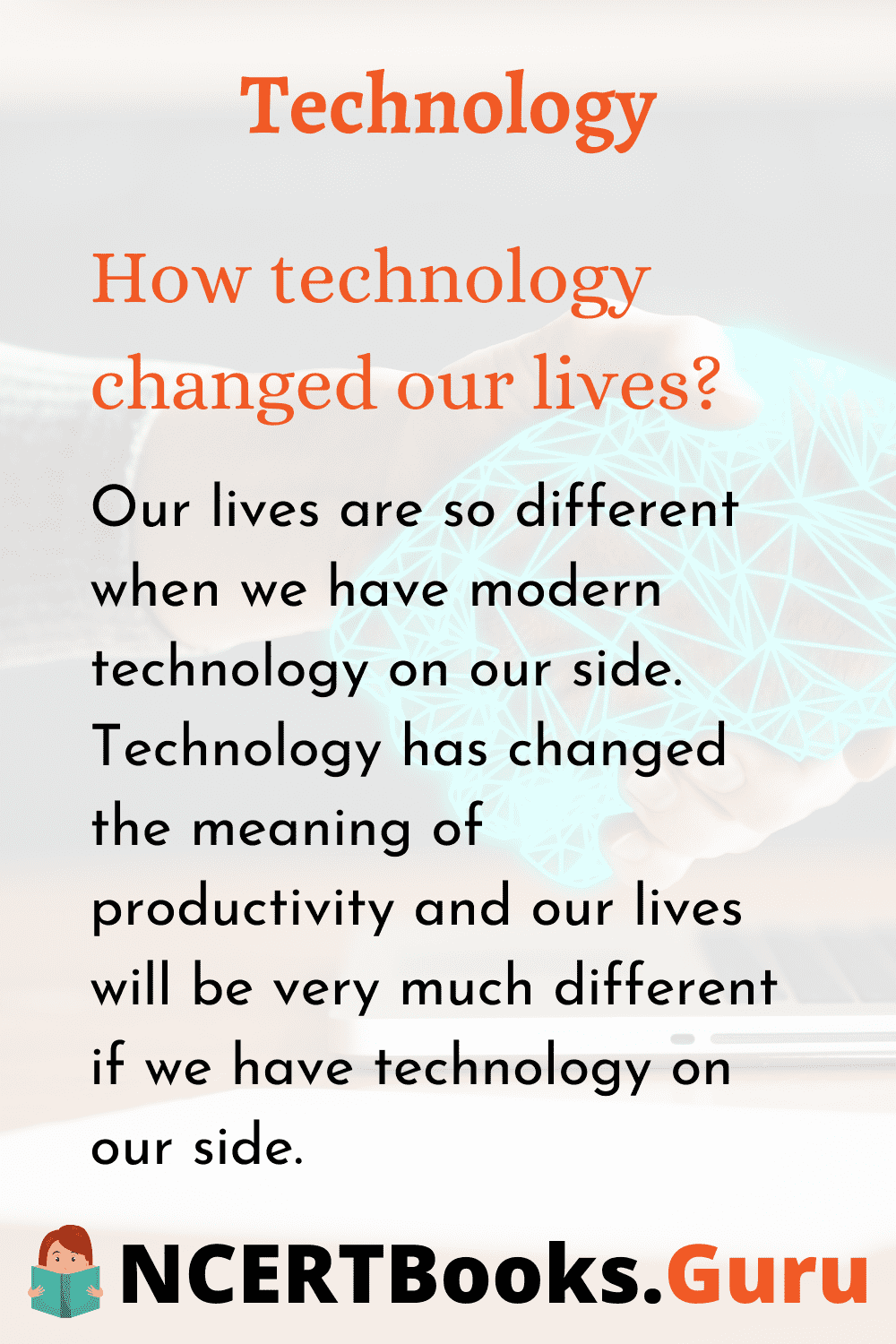
FAQs on Technology
Technology is important because it makes you feel more secure with every area in life for both personal and business reasons.
2. How technology is useful in education?
The implementation of technology in schools helps close that gap. Technology helps make teaching and learning more meaningful and fun.
3. How technology changed our lives?
Our lives are so different when we have modern technology on our side. Technology has changed the meaning of productivity and our lives will be very much different if we have technology on our side.
4. What are the advantages of Technology?
We need technology for plenty of reasons and we have mentioned some of them. They are as such
- Speed, Efficiency, and Agility.
- Storage and Sharing.
- Mobility and Remote Connectivity.
- Automation.
- Communication.
